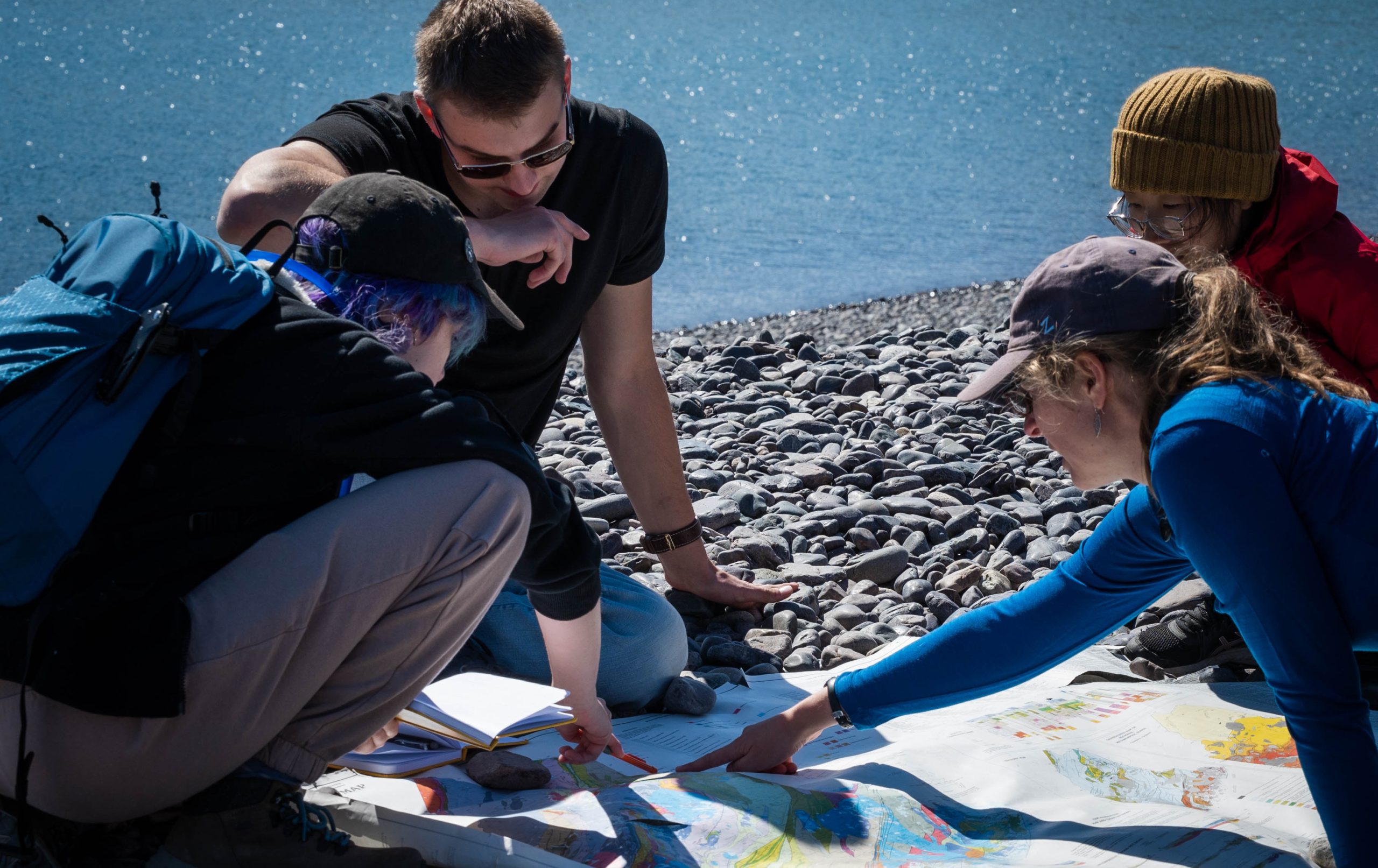
Facilities
The department of Earth and Climate Sciences has a variety of different research labs
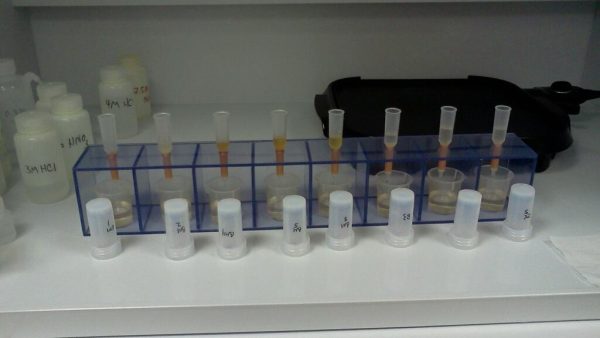
Location: Sawyer Environmental Research Building
Contacts: Dr. Brenda Hall (BrendaH@maine.edu), Dr. Aaron Putnam (Aaron.Putnam@maine.edu)
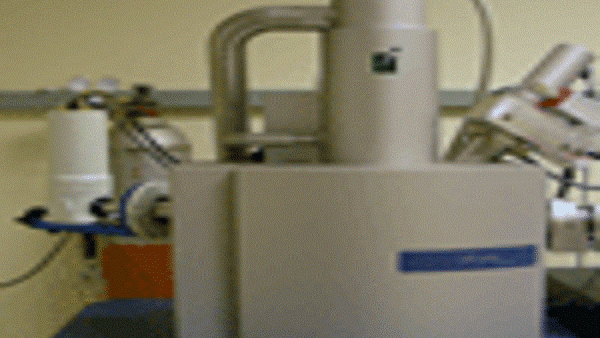
Bryand Global Sciences Center
Contacts: Dr. Martin G. Yates(yates@maine.edu), Dr. Christopher Gerbi (christopher.gerbi@maine.edu)
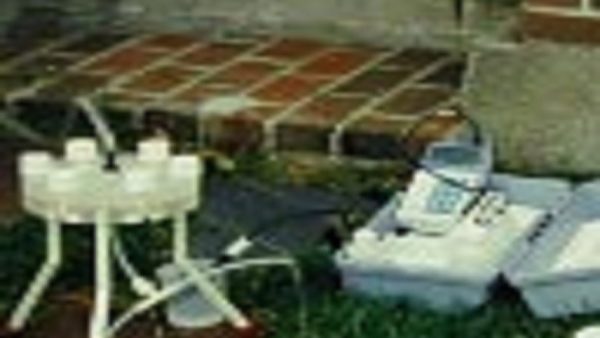
Location: Bryand Global Sciences Center, Room 218
Contact: Dr. Andrew Reeve (asreeve@maine.edu)
Includes basic field equipment from pumps to field spectrophotometer; borehole geophysics winch and downhole tools; data logging pressure transducers; and linux workstation for data analysis.
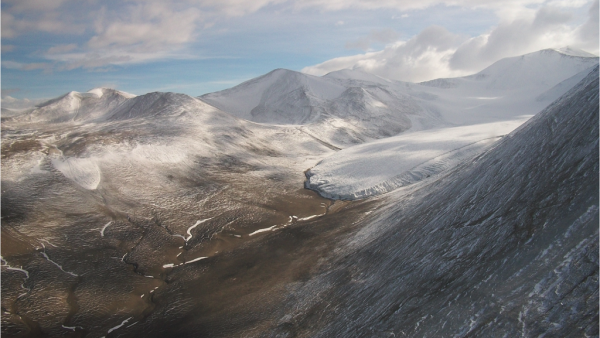
Location: Sawyer Environmental Building Room 107.
Contacts: Dr. Brenda Hall (BrendaH@maine.edu), Dr. Aaron Putnam (Aaron.putnam@maine.edu)
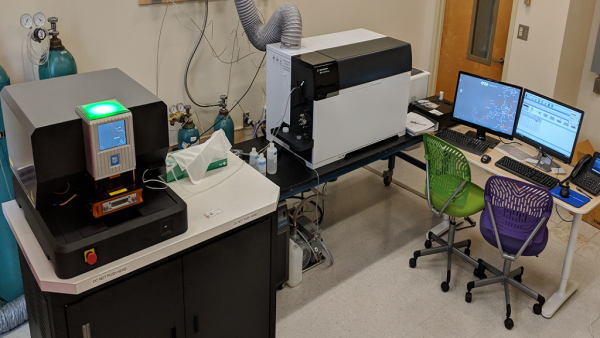
Location: Sawyer Environmental Building Room 110
Contact: Dr. Alicia Cruz-Uribe (alicia.cruzuribe@maine.edu)
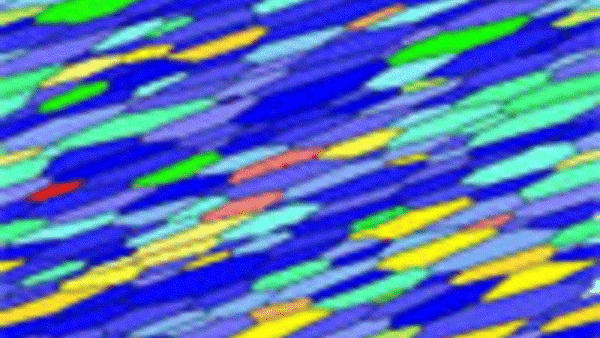
Location:
Contacts: Dr. Chris Gerbi
(christopher.gerbi@maine.edu)
Dr. Scott Johnson (johnsons@maine.edu)
Numerical and computational investigation of the microstructural controls on seismic anisotropy, grain-scale deformation processes, rheological evolution and coupling of deformation and reaction.
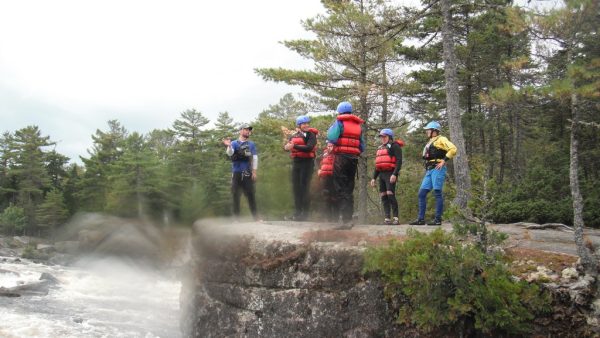
Location:
Contact: Dr. Amanda Olsen (amanda.a.olsen@maine.edu)
Wet chemistry equipment including pH meters, shaker bath, peristaltic pumps, water filtration, drying oven, visible light spectrophotometer, and equipment for field sampling of soils


Location: Sawyer Environmental Research Building, Room 106
Contact: Katherine Allen, katherine.a.allen@maine.edu
Affiliated Facilities and equipment

Location:
Contact Person: Michael Handley (handley@maine.edu)
Funded through a NSF MRI award, the ICP-MS Facility at the Climate Change Institute, University of Maine, houses a Thermo ELEMENT XR high-resolution ICP-MS with JET interface and a ESI NWR193 excimer laser with a Cryocell. The JET interface provides exceptional limits of detection for both solution mode and laser ablation. The ICP-MS is used for the elemental and isotopic analysis of a wide range of geologic and environmental material and the Cryocell gives us the ability to analyze frozen matrices. The ICP-MS Facility Manager, Michael Handley, has over 20 years of experience with ICP technology, and is responsible for assisting with all sample preparation and analysis needs. The ICP-MS Facility includes clean and cold clean room sample and standard preparation space, and all related sample preparation equipment. The primary focus of the laboratory is the determination of ultra-trace levels of elements in ice cores. The laboratory also supports projects involving analysis of plant and biological tissue, sediments, and water.
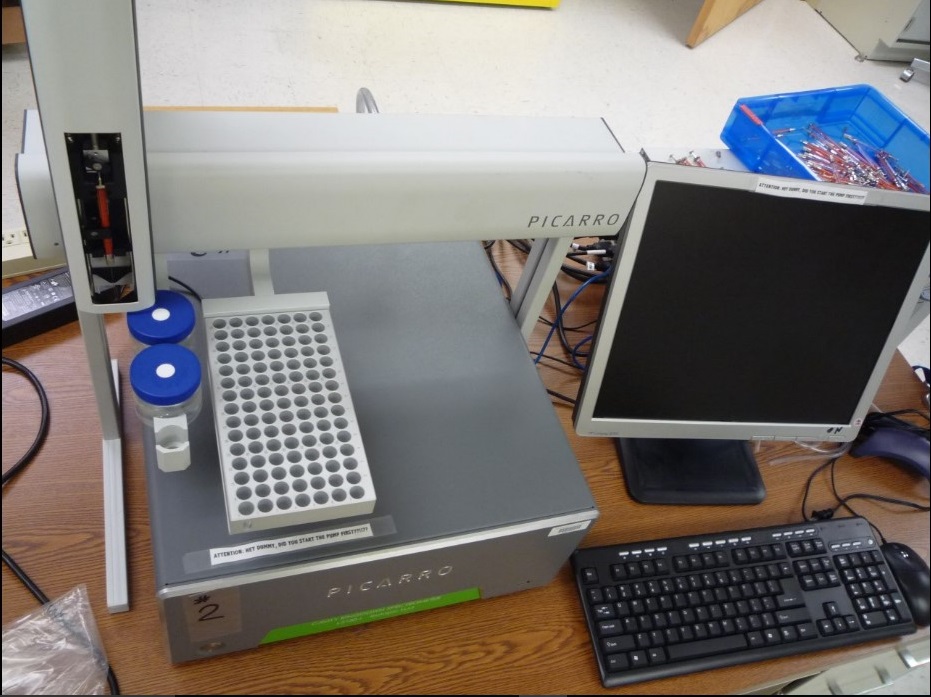
Location:
Contact: Karl Kreutz (karl.kreutz@maine.edu)
Measuring the isotopic composition of snow and ice at high latitudes and altitudes is a common practice used in paleoclimate studies. By analyzing the isotope signals in modern precipitation and other natural waters, we can gain a better understanding of the meteoric processes that create the isotopic signature found in historical records. The Stable Isotope Lab (SIL) at the Climate Change Institute, University of Maine, specializes in measuring and interpreting the light stable isotopic ratios (delD/H and del18O) in water, ice, and snow. Samples are primarily collected from high latitude and altitude locations across the globe, but precipitation and water samples from lower latitudes are also studied to research the dynamics of the hydrologic cycle. The SIL serves the research needs of the Institute’s faculty, staff, graduate students, and UMaine undergraduate students, and its staff collaborates with researchers both within and outside the university. Currently, the SIL operates a Picarro Model L-2130i Cavity Ringdown Spectrometer with a vaporizer optimized for ice core analysis. Research opportunities are available in various projects related to isotope geochemistry, and interested students are encouraged to contact us.
Method: Douglas S. Introne. (2021). UMaine CCI Stable Isotope Laboratory Procedures (1.0). Zenodo. https://doi.org/10.5281/zenodo.4721044
